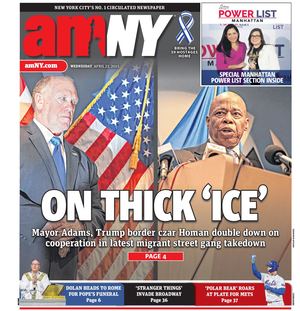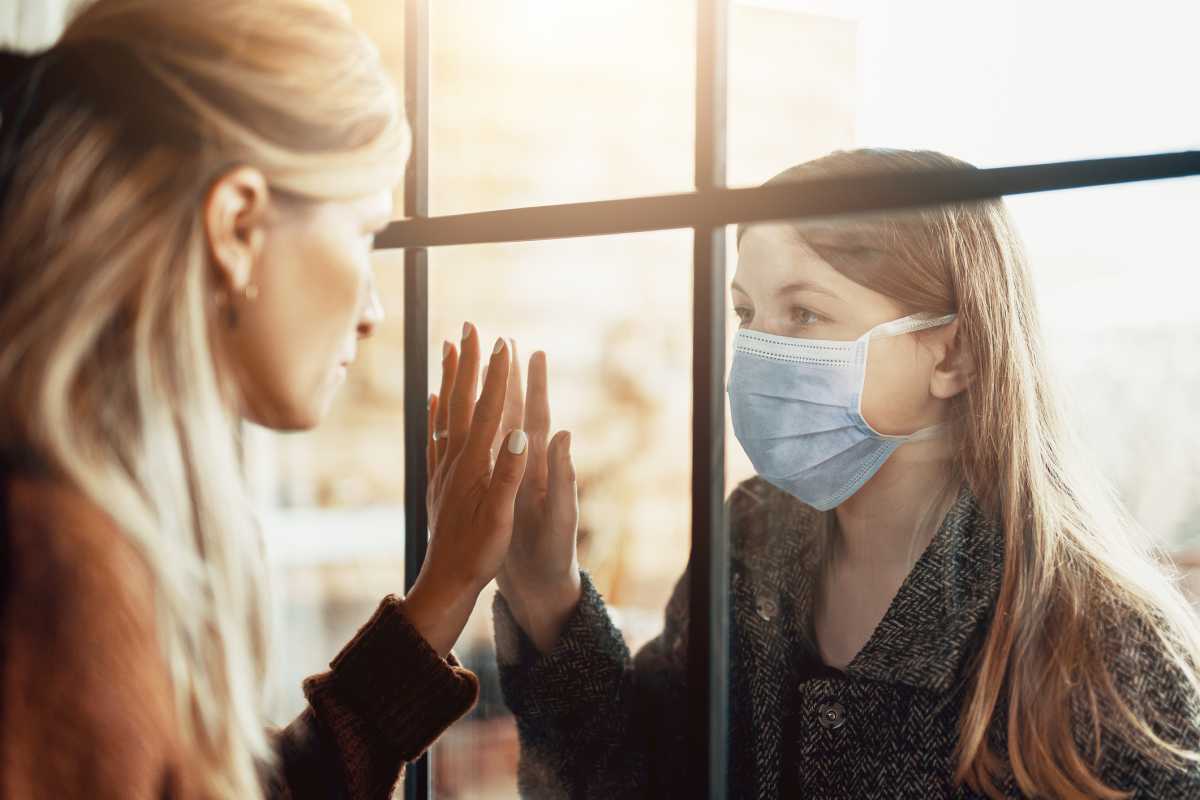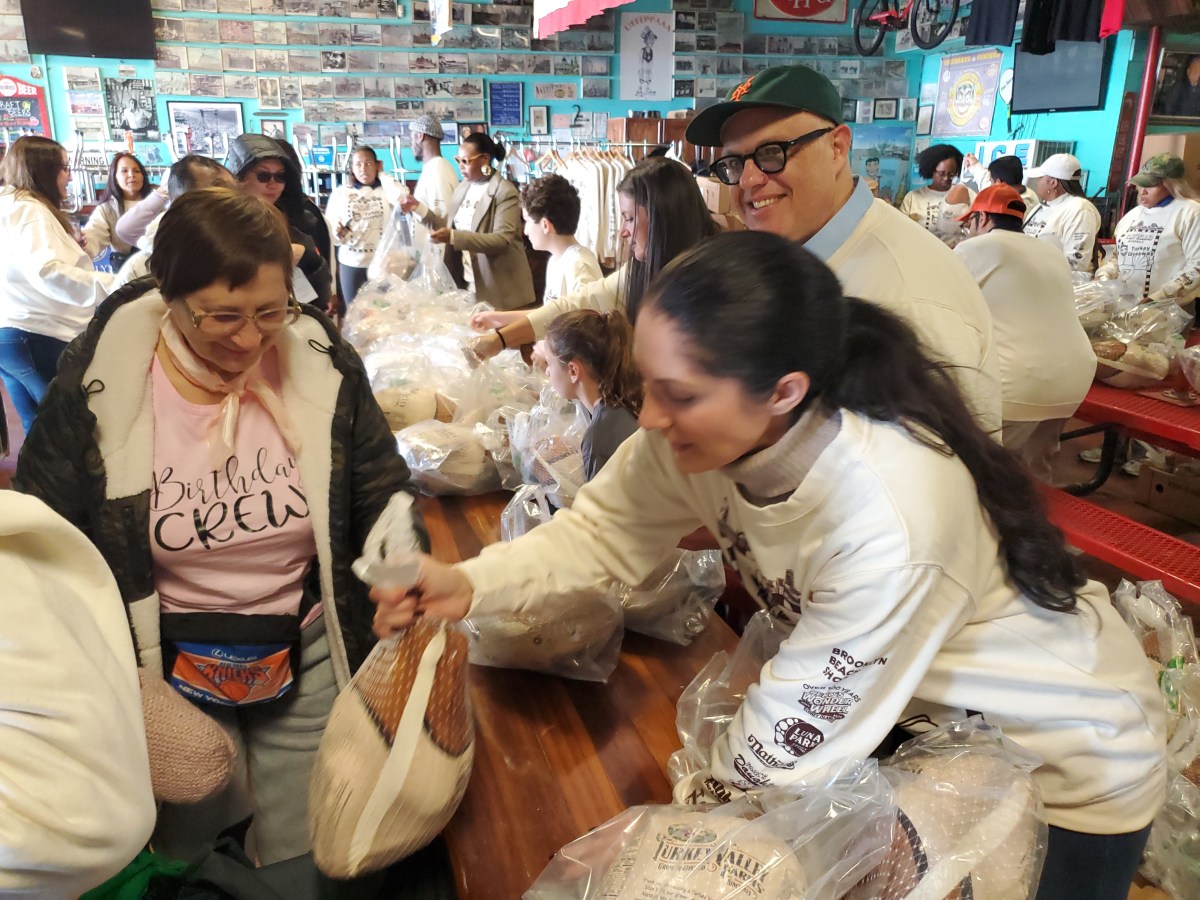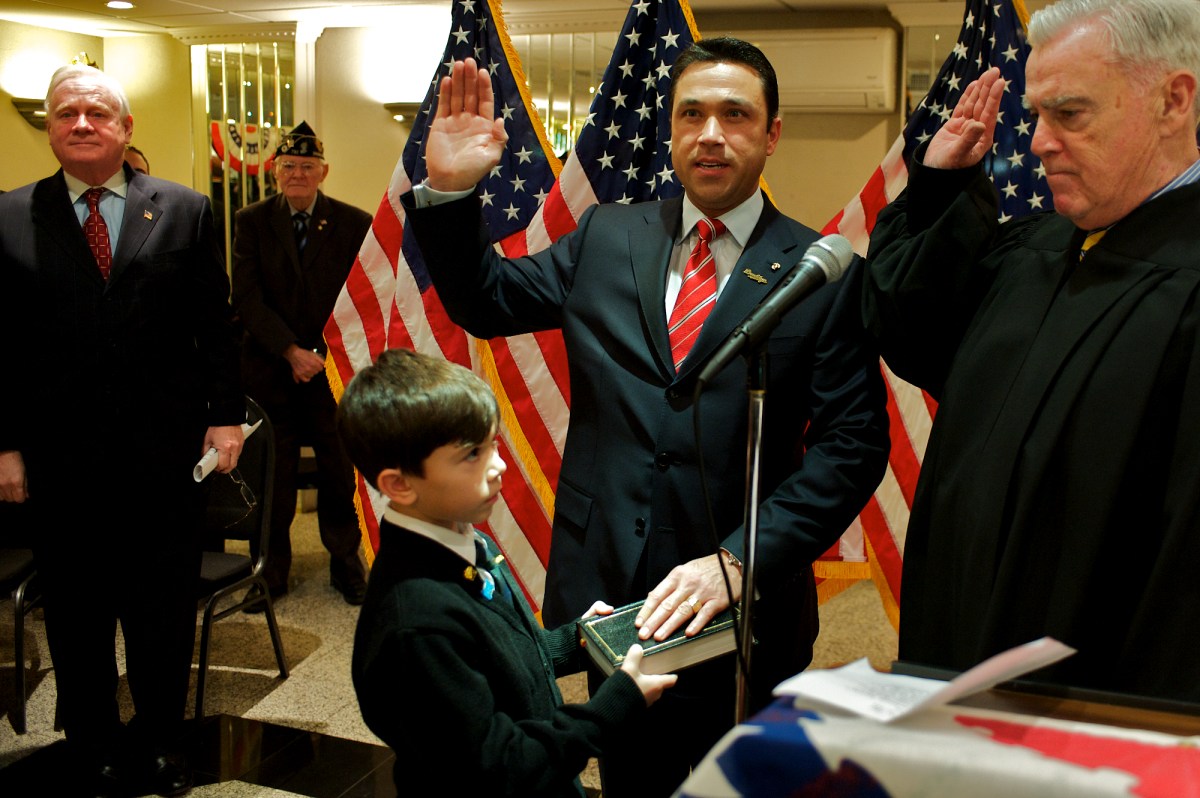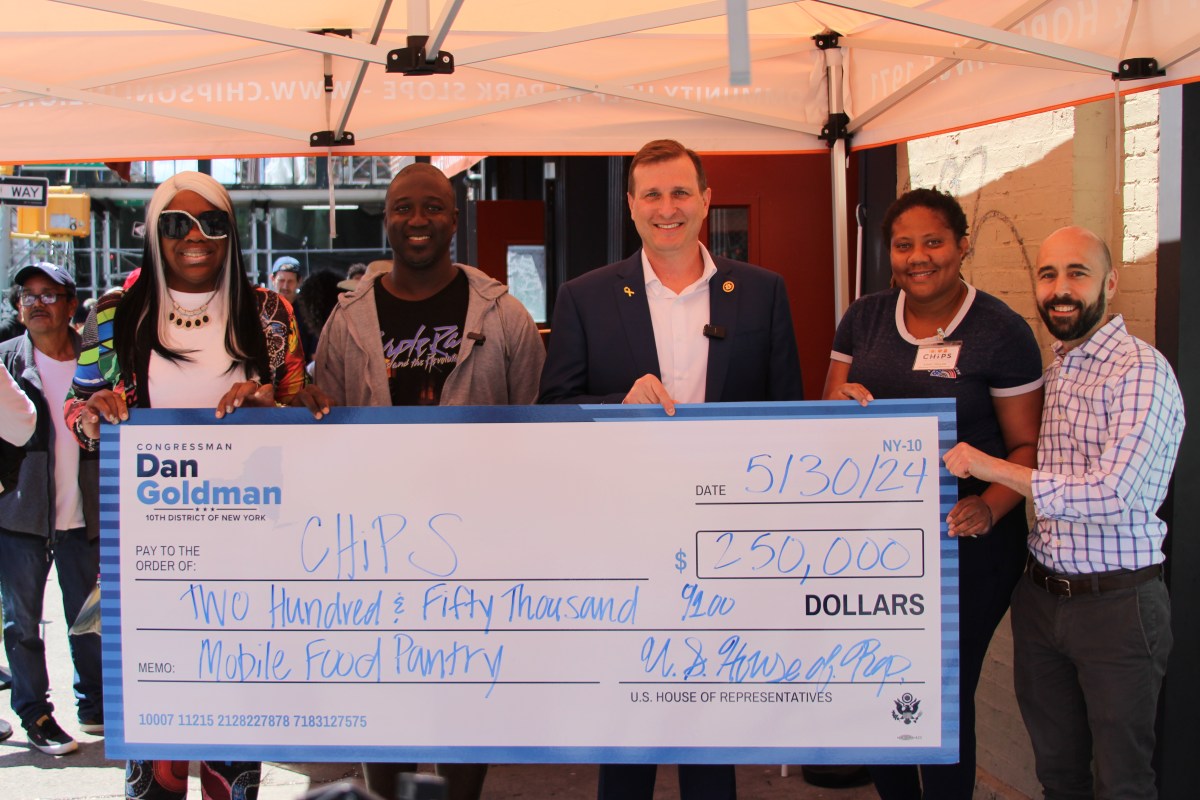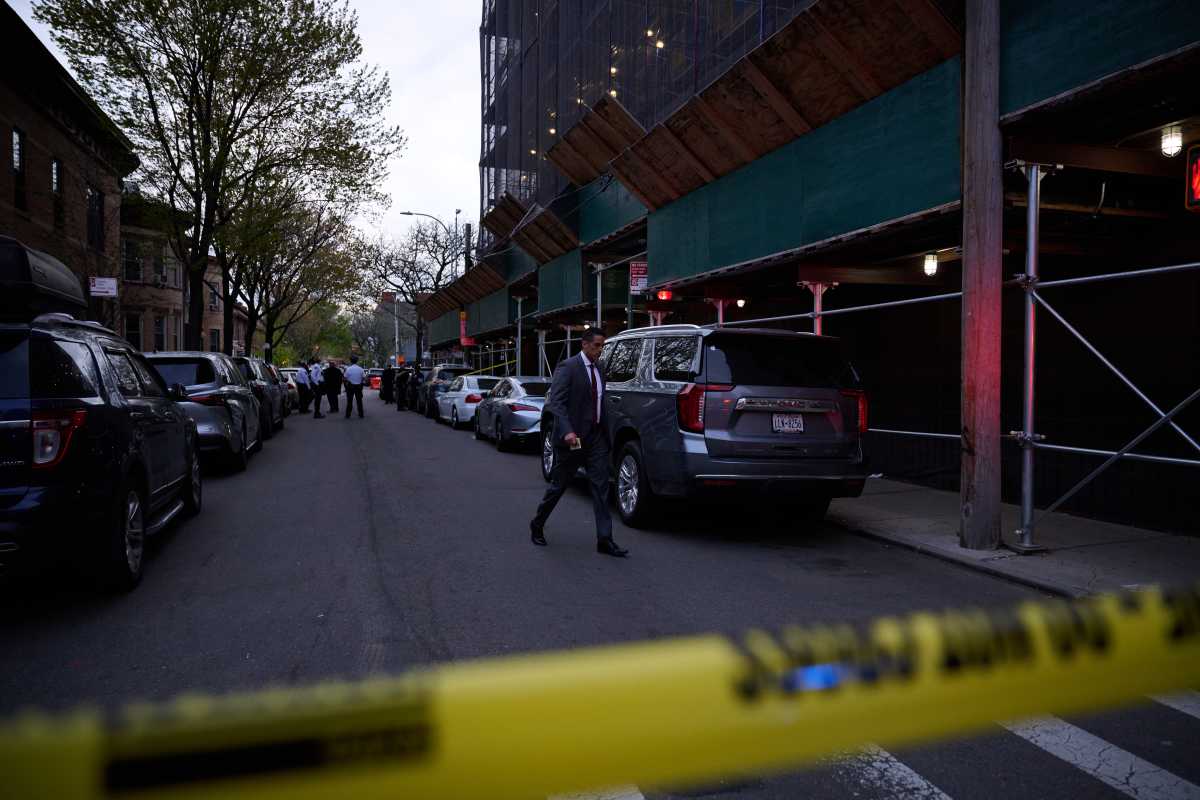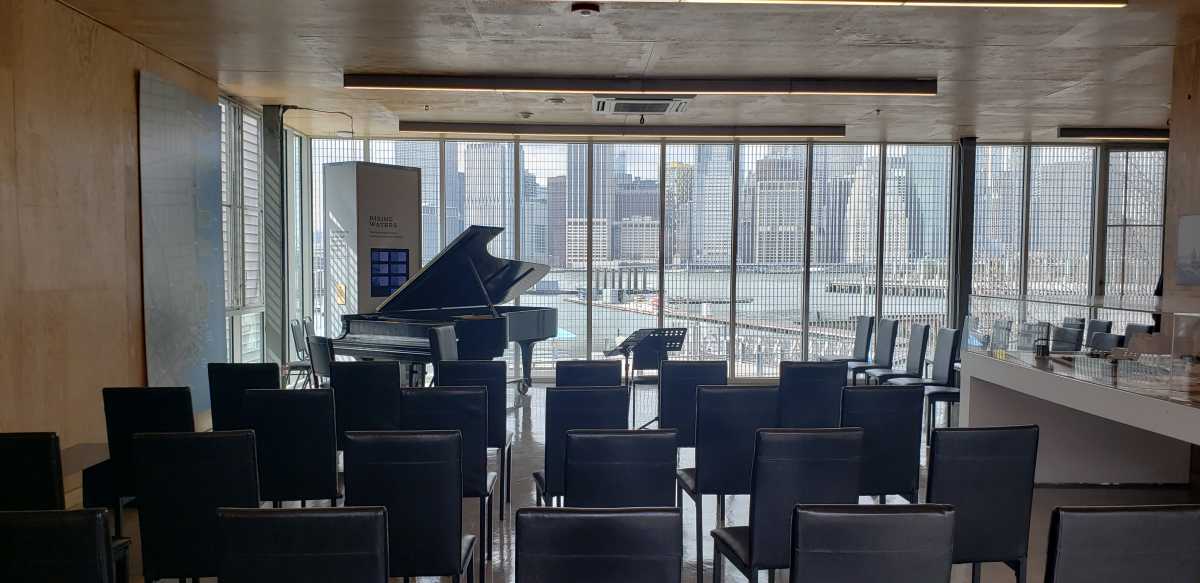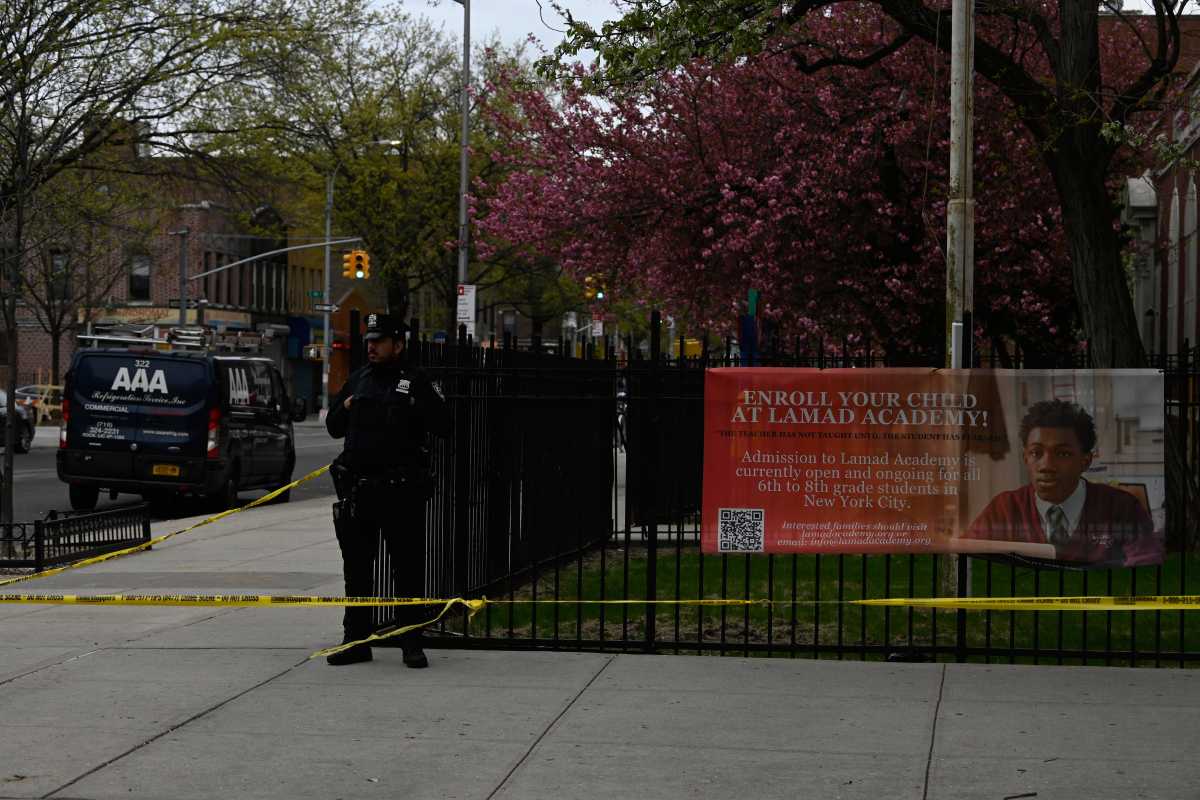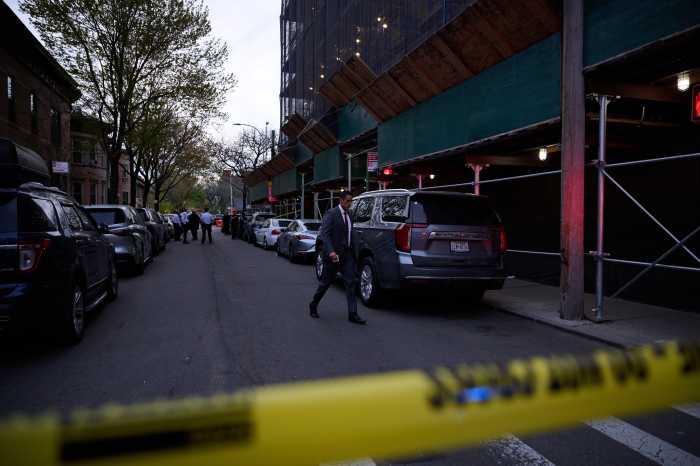BY BETH DEDMAN
The New York Women’s Foundation launched the 2020 Resilience-NYC: COVID-19 Response and Recovery Fund March 26, which will provide $1 million in grants to organizations helping women, transgender, gender non-conforming, non-binary people and their families who have been affected by the coronavirus pandemic.
“Women are the major hubs,” said Ana Oliveira, President & CEO of The New York Women’s Foundation. “We have the responsibility of raising children and caring for older family members. We also have a greater economic importance. There is research that has shown that when a dollar is given to a woman, 80% of it is invested back into the community. We know as a way to multiply results. Investing in women has the greatest effect.”
The fund will provide resources that address the immediate and long term needs of organizations that support marginalized communities during crises.
“COVID-19 has quickly become one of the greatest challenges of our lifetime,” Oliveira said. “As a society, we have a responsibility to ensure that communities impacted by this crisis are provided with necessary resources. During these unprecedented times, we must exercise an abundance of caution and operate with an abundance of support. Our hope is that this fund will provide our grantee partners the critical tools needed to provide relief in this moment of crisis.”
The fund was created to align with the New York Women’s Foundation’s understanding that “problems and solutions are often found in the same place,” and focuses on smaller organizations that often go unseen by other foundations.
The foundation is supporting organizations that prioritize low-income immigrants, survivors of gender-based violence, Chinese and other East Asian communities, Muslim/Arab/South Asian communities, individuals with disabilities, LGBTQ, TGNCNB individuals, older adult women, women small-business owners and worker-owned cooperatives.
“Our research in NYC has shown us that the biggest life disparities, you can understand them when you use a racial lens and how economic differences will be between women,” Oliveira said. Among women, the differences will cluster based on race and ethnicity. We want to be effective in our interventions, so we know that we have to take that into account and we have to aim to help those with the highest need, who have the least going towards them. We want women in NYC to thrive.”
The fund is intended to support organizations to be responsive to urgent community needs, such as meal delivery services, access to healthcare and housing, easing financial burdens of those who have lost wages or income. It will offer recovery and support services and initiatives, advocate for changes in public policy and corporate culture including paid leave, living wages, economic relief for small business owners and allow organizations to invest in advanced technology and tools needed to serve their community.
“We are very centered in the city and care about the people,” Oliveira said. “It is important to us for people to know that there is a lot we can do together. We can support our not-for-profits. We are in a moment of social distancing but we are also in a time of human-connection. Not-for-profit is one of the ways we can support each other.”
More information about the foundation, including information on how to donate, is available at www.nywf.org.
